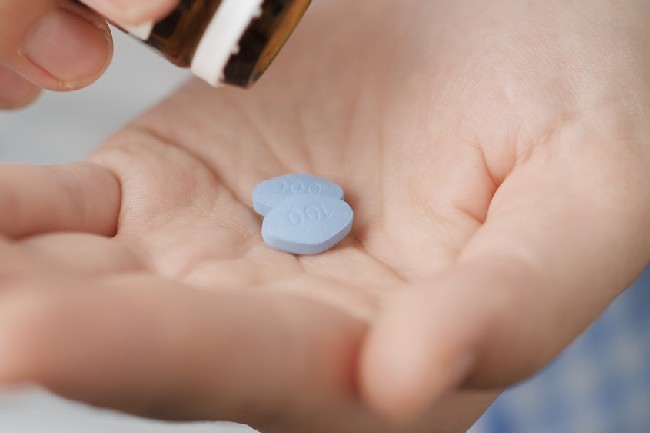Sildenafil: A Drug for the Treatment of Erectile Dysfunction and Pulmonary Arterial Hypertension
Sildenafil (sildenafil) is a medication that is often prescribed for the treatment of erectile dysfunction (ED) in men. ED is a common condition in which men experience difficulty achieving or maintaining an erection during sexual activity. Sildenafil is intended to be used in combination with sexual arousal and works by relaxing the blood vessels in the penis, increasing blood flow to the area, and ultimately causing an erection.
Sildenafil is not only used to treat ED, but it is also used to treat pulmonary arterial hypertension (PAH). PAH is a condition in which there is high blood pressure in the arteries that supply blood to the lungs. Sildenafil works by relaxing the blood vessels in the lungs, which helps to improve blood flow to the area.
Despite its effectiveness, there are several precautions that patients should be aware of when using sildenafil. For instance, sildenafil does not protect against sexually transmitted diseases such as HIV infection, hepatitis B, gonorrhea, or syphilis. Therefore, patients who have these conditions should always use a condom to have safe sex for themselves and their partners.
Additionally, patients who have a history of hypersensitivity to sildenafil or any of its ingredients should inform their doctor before using the medication. This includes drugs and other substances that could potentially harm the body. Patients should also inform their doctor about all medications, vitamins, or herbs that they are currently taking, as some drugs can interact with sildenafil, leading to serious side effects or reducing the effectiveness of the drug. This is especially important for patients who are taking medication for PAH, medication for blood pressure, medication for an enlarged prostate, antifungal drugs, and drugs for HIV or AIDS.
Patients with a complicated medical history should also inform their doctor before using sildenafil. This includes individuals who have heart problems, high blood pressure, circulatory problems, RP (retinitis pigmentosa), loss of vision in one or both eyes, severe dehydration, bleeding in the body, stomach ulcers, pulmonary embolism, liver disease, kidney disease, blood cell disease, a deformed penis, or erectile dysfunction, or those who are advised not to have sex for health reasons.
Moreover, patients should not use sildenafil with nitrates such as nitroglycerin, isosorbide mononitrate, isosorbide dinitrate (isosorbide dinitrate), or other nitrate-containing drugs (for example, amyl nitrite) as it can cause a sudden drop in blood pressure.
In some patients, sildenafil can reduce blood flow to the optic nerve, leading to sudden vision loss. However, this occurs in a few patients, and most of them had health problems such as heart problems, diabetes, high blood pressure, vision problems, smoke, or are over 50 years old. It is not known whether sildenafil is the cause of these problems.
When using sildenafil, patients should avoid driving a car or operating machinery as it can cause dizziness and vision problems. Patients should also limit their alcohol intake as it can cause more dizziness. Moreover, patients should avoid eating grapefruit or grapefruit products when using this medication as they can interact with medications and cause unwanted side effects.
Finally, patients with PAH who are planning to become pregnant or breastfeed while using sildenafil should ask their doctor about the risks to the fetus and baby during breastfeeding. Sildenafil can affect the unborn child and can pass through the mother’s milk to the baby. However, patients should not stop taking the medication without a doctor’s appointment. Additionally, sildenafil is not recommended for use in children under 18 years of age without a doctor’s appointment.


Leave a Reply